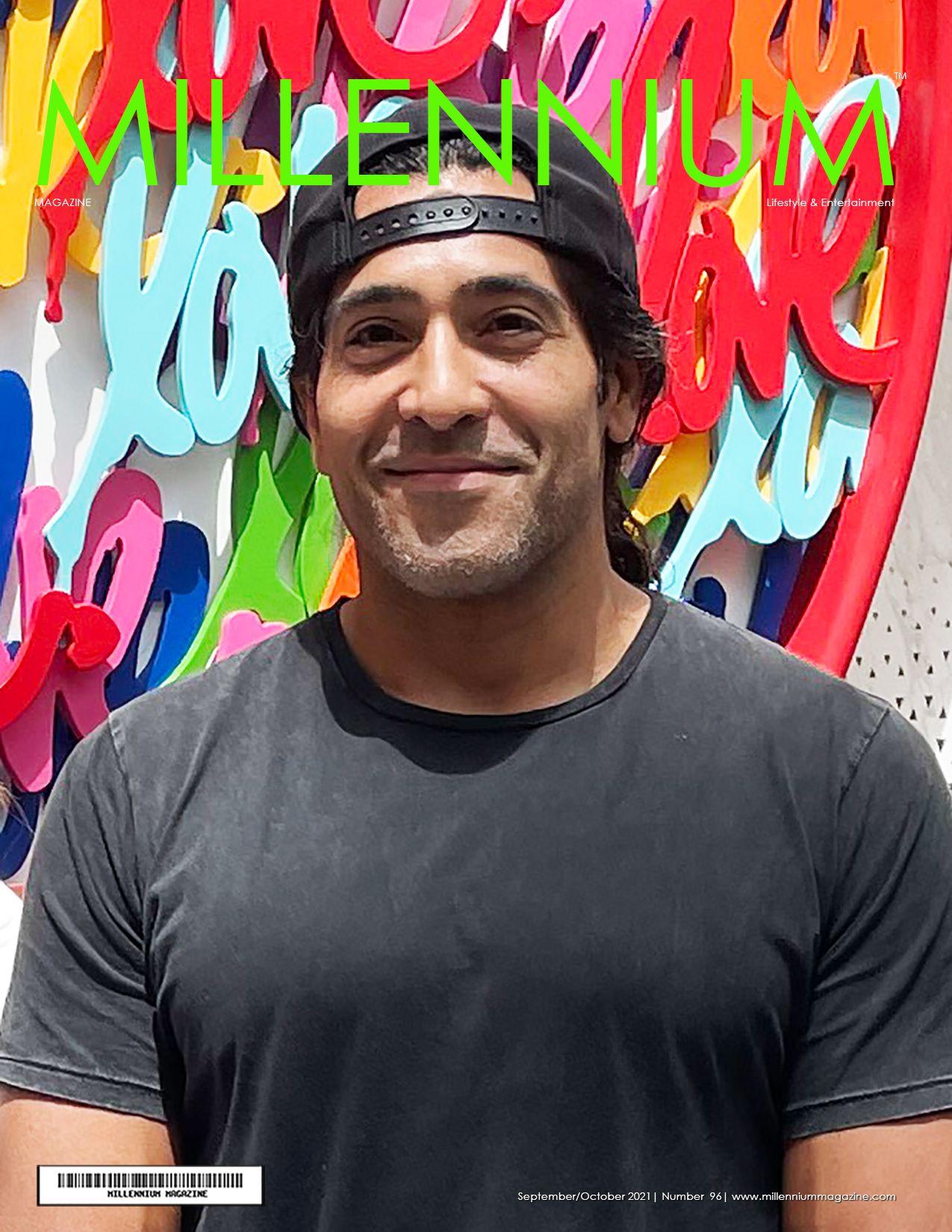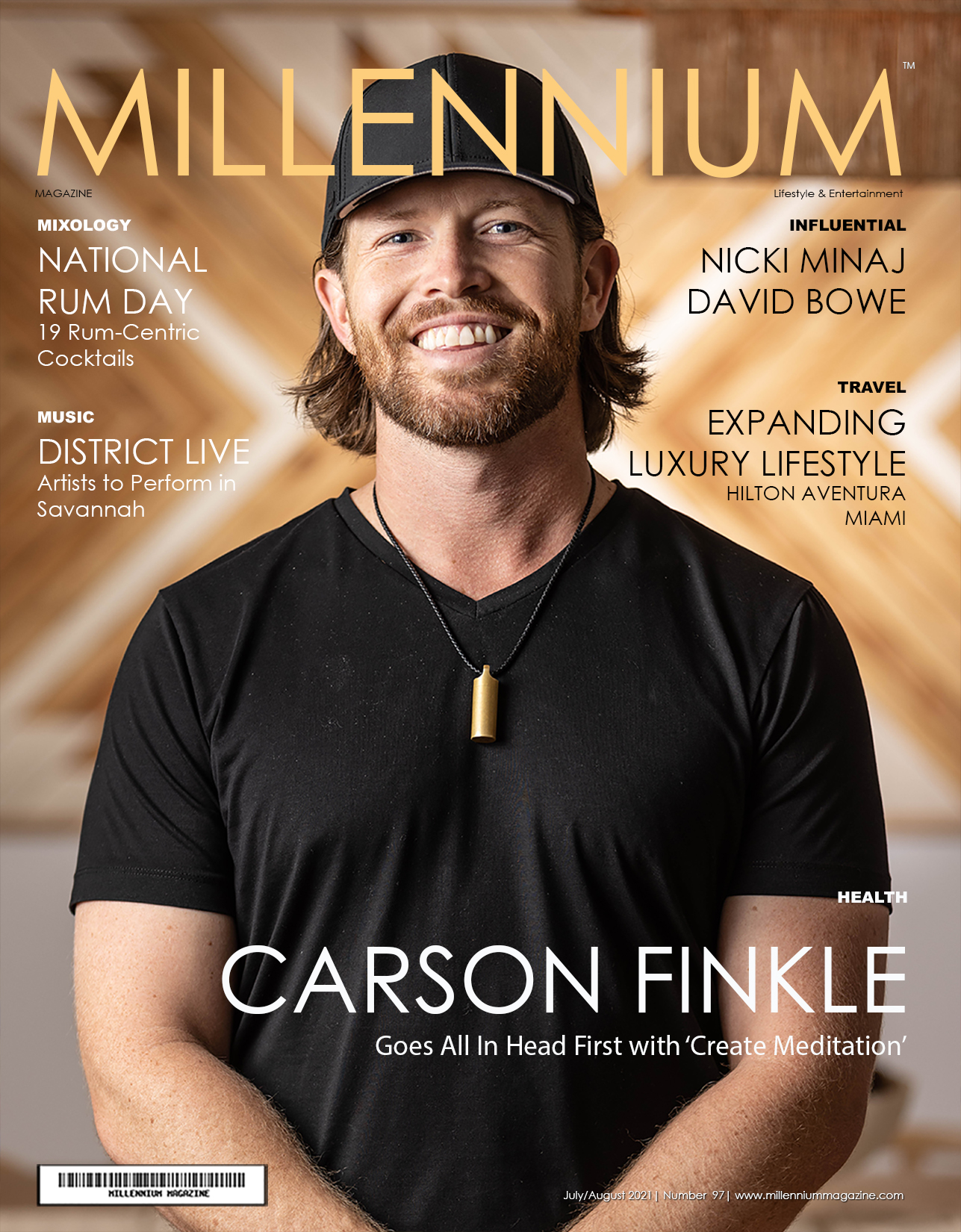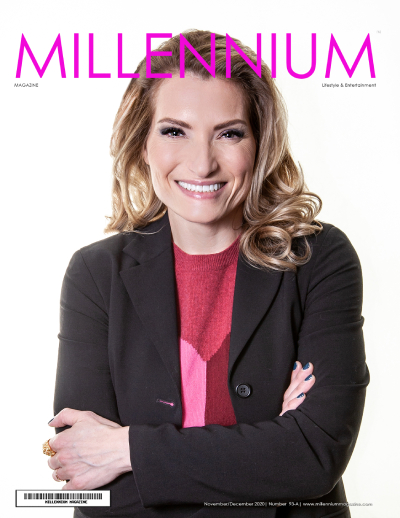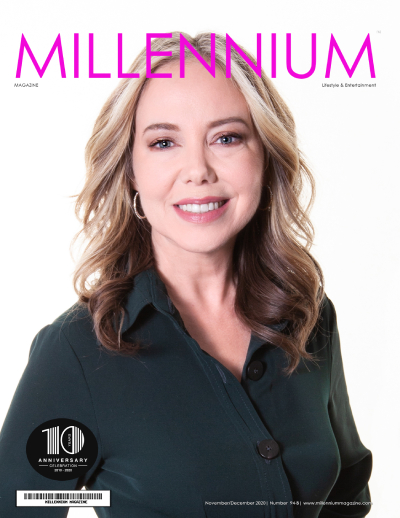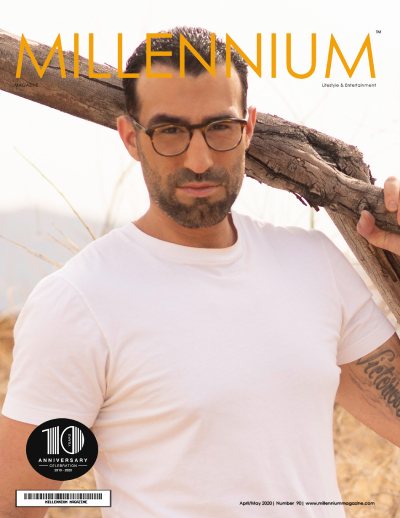
From rising interest on student loans to trouble getting on the career ladder; millennials have a lot to cope with. Unsurprisingly, this means that people ranging from 20-30 years of age can experience relatively high levels of anxiety, stress, and depression.
If you are undergoing a severe case of mental health issues, it is essential to seek the professional help of a virtual psychiatrist. These are medical doctors who specialize in diagnosing and treating mental health illnesses. They have acquired all the skills and training necessary to diagnose a wide range of mental illnesses and prescribe the medication necessary to treat these disorders.
To acquire the job title, psychiatrists must initially acquire an undergraduate degree. It is followed by a four-year D.O or M.D degree. They then undergo residency training for a minimum of three years to specialize in psychiatry.
Due to their intensive training and specification, psychiatrists can address both the physical and emotional aspects of their patients’ healthcare. On reaching a diagnosis, they may suggest lifestyle changes that can lessen the symptoms or prescribe medication where necessary. They may also offer their patients medication management appointments to ensure that their patients’ prescribed medicine is working effectively without any side effects.
If you want to reduce your stress levels and enhance your quality of life, take a look at these essential components of the millennium mental health toolbox…
- Understand the world around you
Millennials often get a bad rep for things that are out of their control. If you’re struggling to move out of your parents’ home or you haven’t secured your dream job yet, try not to panic. Learning more about the economy and world affairs can help you to understand why.
While earlier generations had incomes that rose with inflation and free student loans, millennials face a tougher challenge. Understanding why life seems harder for today’s youth is the first step to taking the pressure off and being kinder to yourself.
- Create a self-care routine
We all need to practice self-care on a daily basis, but different things work for different people. Whether you use a combination of yoga, meditation and sweetleaf concentrates or you rely on mindfulness, weightlifting, and comedy boxsets to get you through, it’s important to find a self-care routine that works for you. Once you do, you’ll have an array of healthy de-stressing techniques to use as and when you need to.
- Spend more time outdoors
When you’re feeling down, it can be hard to drag yourself outdoors but it’s often the best thing for you. As well as giving yourself a good dose of vitamin D, surrounding yourself with nature can help you to de-stress. What’s more – a brisk walk, job or hike will boost your endorphins and help you to feel calmer and happier. You can spend more time in the garden, cultivate a grow kit with spore syringes, or just walk your dog when you have the opportunity to do so.
- Eat right
For your body to function optimally, you need to give it the right fuel. Your brain relies on good nutrition to operate properly too, so be sure to eat right when you can. A healthy, balanced diet will ensure you’ve got all the nutrients you need, which can help to reduce stress and anxiety. Furthermore, learning how to cook healthy, homecooked meals can cut your grocery bills in half and help to reduce your budget.
- Talk to someone
Whether you share your worries with friends and families, or you talk to a therapist or counselor, it’s important to voice your feelings. While it can be tempting to bottle things up, this can have negative consequences in the long-term. Instead, find someone you can trust and confide in them regularly.
Learning to Cope with Stress
A certain amount of stress is normal, so finding ways to cope with it is one of the best things you can do. Once you’re able to respond to stress in a healthy and proportionate manner, you’ll find that you feel more confident and in control. With so many options out there, finding the right stress-reducing tools for you is easier than you think.












